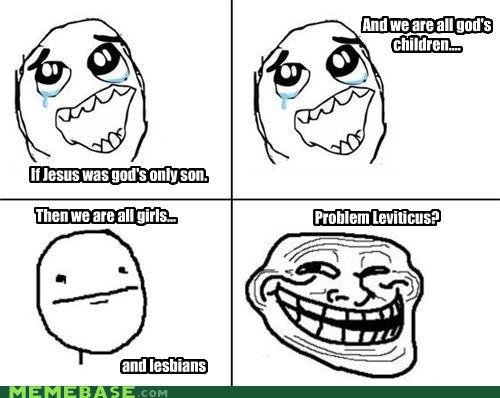You are using an out of date browser. It may not display this or other websites correctly.
You should upgrade or use an alternative browser.
You should upgrade or use an alternative browser.
I think you are incorrectly assuming that people are speaking possessively when they use terms like "we," "us," and "my" in reference to athletes and teams. Linguistically, the genitive case can be either possessive or relational. Terms like "we," "us," and "my" express relationship to the players and teams rather than possession of the players and teams. While there may not be a direct relationship to the athletes by most Americans, I think it is fair to say that there is a nationalistic relationship that transcends direct relationship and allows for use of personal terms when regular Americans wish to speak about athletes on the US Olympic team.
Actually, I still think I AM using those terms possessively based on a synecdochal part to whole relationship. For instance, last night I heard a guy in Seattle say he was relocating from Iowa. I walked up and said, "I am a Hawkeye." That is because I have degrees from the university that make me permanent alumni, or a part of the whole. When I speak of my nationality I say, "I am an American, a part of the entire nation. The Hawkeye football team draws its players from the population of students and the represent the entire university when they compete. The entire university community also supports the teams. Without that support the team would not exist. Same for US national sports. WE are all a part of a greater whole.
Now, this is different than being a patron, or patron fan. For instance, I have been a patron fan of several professional sports teams, but if I say ,"we" when referring to these teams, I would be using the term metaphorically, which is an association of two different domains. That being said, "I have said, "we" after a win referring to a contiguosly connected competition, the team winning the game, my winning the bet. Therefore, this final figure is metonymy, which is a contiguous, or next to, relationship.
clicheusername3
Banned
I'm fine with it is long as your a citizen. illegals cam gtfo!
FIFY
No you didn't. Half-*** job.
Scooter
Well-Known Member
No you didn't. Half-*** job.
Then you just half assed it.. =D
O
OatesStache
Guest
Hawkeye11en1
Well-Known Member
I still can't believe I was the first and only one to catch on to the trolling. Guys, it takes one to know one. JS. =D
You don't believe this to be true, do you?
Scooter
Well-Known Member
S
Scorpio79
Guest
Actually, I still think I AM using those terms possessively based on a synecdochal part to whole relationship. For instance, last night I heard a guy in Seattle say he was relocating from Iowa. I walked up and said, "I am a Hawkeye." That is because I have degrees from the university that make me permanent alumni, or a part of the whole. When I speak of my nationality I say, "I am an American, a part of the entire nation. The Hawkeye football team draws its players from the population of students and the represent the entire university when they compete. The entire university community also supports the teams. Without that support the team would not exist. Same for US national sports. WE are all a part of a greater whole.
Now, this is different than being a patron, or patron fan. For instance, I have been a patron fan of several professional sports teams, but if I say ,"we" when referring to these teams, I would be using the term metaphorically, which is an association of two different domains. That being said, "I have said, "we" after a win referring to a contiguosly connected competition, the team winning the game, my winning the bet. Therefore, this final figure is metonymy, which is a contiguous, or next to, relationship.

clicheusername3
Banned
I don't even get what all of this "trolling" talk is about. This is a great thread on a great topic.
Scooter
Well-Known Member
I don't even get what all of this "trolling" talk is about. This is a great thread on a great topic.

HawkeyesWin
Well-Known Member
If you made yourself into an Olympian, you didn't build yourself into an American. All of the great things the government and everyone else has done for you is the reason you became an Olympian. Without the roads and bridges that were built for you to ride to training on, you would be nothing. Therefore, we are all Olympians, and it is ok to use "we".
The 'roads and bridges' angle has to be my favorite. distortion by Pinnoccio. No one anywhere has argued against government roads and bridges.
HawkeyesWin
Well-Known Member
I just think that, while not to the extent of the player, coaches, etc., fans also have an investment in a team. Fans also have the ability to give the team they root for a competitive advantage.[/QUOT;E]OK. Why?
Except for that whole ratings thing which brings in the money which funds all of the athletic program.







